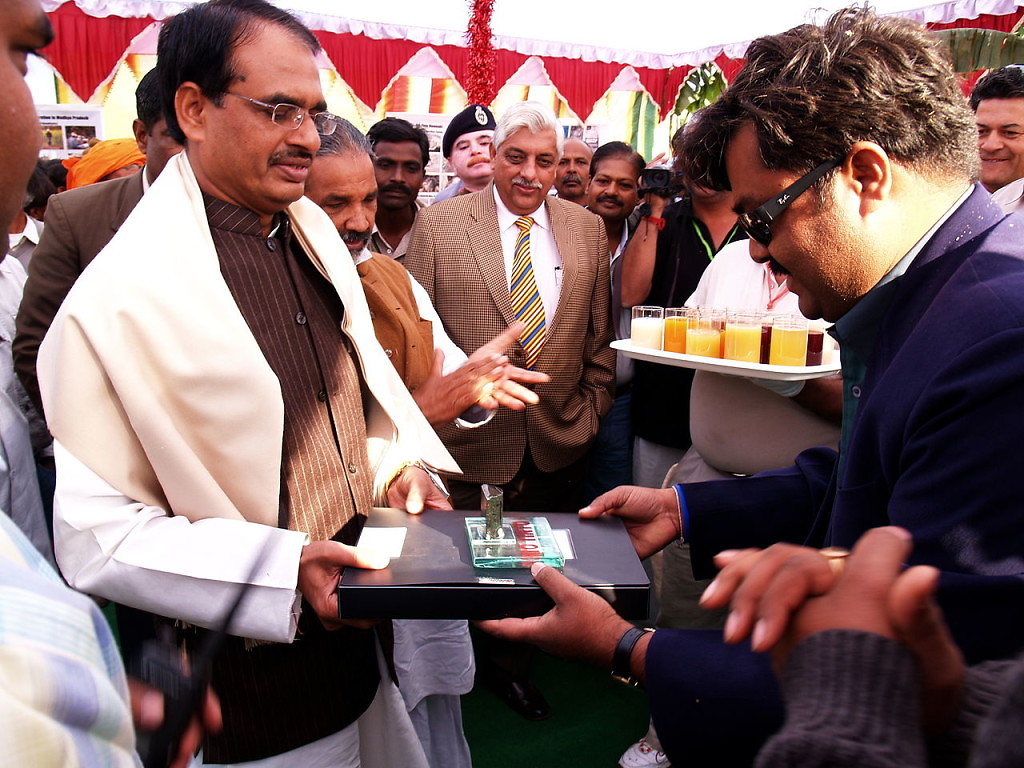Madhya Pradesh Chief Minister Shivraj Singh Chouhan’s announcement about phased prohibition in the state is most unfortunate. Apart from being an assault on individual liberty, it is certain to hurt tourism and industry in the state.
“Alcohol prohibition will be implemented in the entire state by closing all liquor shops in a phased manner,” Chouhan said on Sunday while addressing a programme at a village in Narsinghpur district. He also elaborated on his government’s plan: “In the first phase, the state government closed all the shops falling within a radius of five kilometers from the banks of river Narmada on either side. In the next phase, the liquor shops would not be allowed to open in residential localities, near educational institutes or religious places.”
Phased prohibition is not a new idea; Kerala tried it in the recent past. There are states in which the consumption of alcohol is disallowed, at least legally; what happens in actual practice is another story altogether. The fact is that as policy prohibition has invariably failed to achieve its primary purpose—forcing abstinence down the throats of people. From a well-governed state like Gujarat to the chaotic Bihar, the policy has always resulted in one evil or the other, be it bootlegging, organized crime, or (recently reported from Bihar) increased substance abuse.
Earlier, it failed in the United States. Brought in by the Eighteenth Amendment, was in force from 1920 to 1933. According to Encyclopedia Britannica, “millions of Americans were willing to drink liquor (distilled spirits) illegally, which gave rise to bootlegging (the illegal production and sale of liquor) and speakeasies (illegal, secretive drinking establishments), both of which were capitalized upon by organized crime. As a result, the Prohibition era also is remembered as a period of gangsterism, characterized by competition and violent turf battles between criminal gangs.”
Therefore, it would not be inappropriate to state that prohibition is a policy that has failed universally. And yet, our netas love prohibition; they want to go the well-trodden path whose perils have been documented quite comprehensively. This reminds me of a famous couplet by Firaq Gorakhpuri, “Hazār baar zamāna idhar se guzrā hai/Na.ī na.ī sī hai kuchh terī rahguzar phir bhī” (The world have trodden this path a thousand times, but it still retains its novelty).
What explains netas’ love for prohibition? The policy is illiberal to the core, for it imposes restrictions on the individual’s freedom. It reeks of moral policing which should be abhorrent for politicians who are unable to ensure normal, decent policing in the first place. It leads to huge loss to revenue and jobs; it hurts tourism. So, why do politicians love a ban on alcohol? And here we are talking about leaders of all parties—the Bharatiya Janata Party, the Congress, socialists, communists, et al.
By my reckoning, netas find prohibition attractive because it helps them look good and moral; it offers them a huge opportunity to peddle their sanctimony. In some cases, it boosts their popularity among women; this is the case with Nitish Kumar in Bihar.
Second, prohibition has pecuniary benefits—for politicians, not the exchequer. Prohibition results in bootlegging whose major beneficiaries are politicians, bureaucrats, and cops—often in that order. As I mentioned earlier, the policy leads to organized crime. Perhaps, this makes it attractive in the eyes of politicians. Indian politics, after all, is little different from organized crime.
And, finally, control mindset is the defining feature of contemporary Indian politics; leaders of all persuasions want to control the economy, society, culture, arts, cinema… everything under the sun. Every neta wants to make his obnoxious presence felt by making the lives of people miserable in one way or the other—by dictating culinary preferences, hectoring filmmakers, tormenting young lovebirds, regulating the number of marriage guests, forcing diners at restaurants not to waste any food.
Therefore, it is not surprising to see that Shivraj Singh Chouhan and other politicians are keen to implement prohibition. For no other policy hides sinful deeds in a saintly garb with such finesse.
